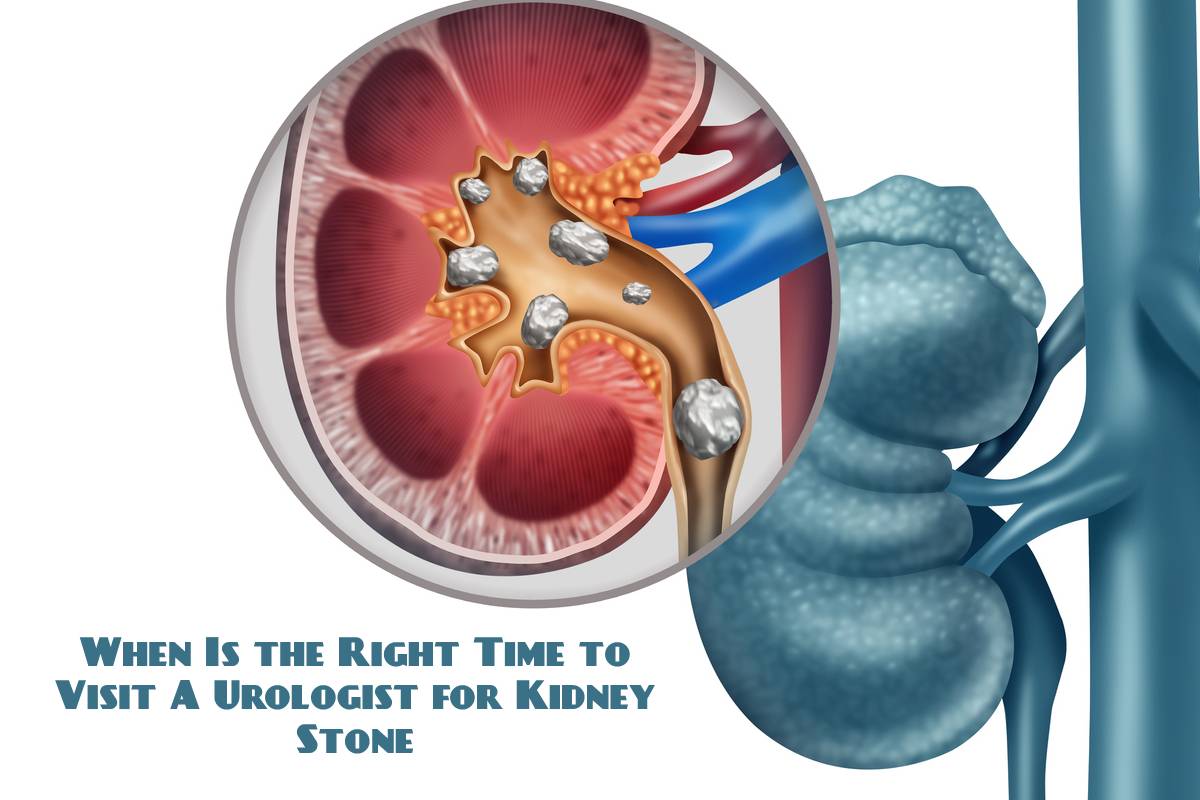Are you experiencing mild to severe pain around your lower back? Do you have persistent fever, cloudy urine, blood in your urine and difficulty in urinating? The chances are that you have a kidney stone. Some statistics show that each year over one million people are rushed to the emergency rooms just because they have a kidney stone problem they are not aware of.
Males are at a greater risk of developing kidney stones, but it is also proven that females are severely affected by it. This is because females are likely to acquire urinary tract infection easily, and they also tend to ignore the early symptoms.
If you know someone who has ever suffered a kidney stone problem, you might have an idea as to how uncomfortable and irritating these urinary tract stones can genuinely be.
What are Kidney Stones?
Kidney stones are nothing but calcified deposits of some slats, minerals, and other substances that develop in the kidneys by themselves right before they can travel through the ureter and reach into the bladder, from where it is ultimately passed from the body in the form of urine. These kidney stones can be as small as a pebble or as large as a walnut.
How Can I Know I Have a Kidney Stone?
It is very difficult to self-diagnose a kidney stone, and hence it is important to consult a doctor for a proper diagnosis. You should be aware that kidney stones do not show any early symptoms in most cases. Many patients are not aware that they have kidney stones until the stones begin to pass.
To help you have some knowledge, here are a few less common symptoms of kidney stones:
- Persistent vomiting and nausea
- Constant and strong urge to urinate
- Urinating in minimal amounts
- Having blood in urine which makes the colour of your urine look pink, red or dark brown.
- A burning sensation or pain while urinating
- Cloudy or foamy urine
- Your urine has a bad or unusual smell
- Sometimes chills and fever
These symptoms of a kidney stone are very common to other diseases. So, self-diagnoses become a little complicated. But, recognizing these early symptoms linked to kidney stones is the first step to getting proper and timely care. But the question is when to see a doctor? These symptoms can be something else also.
When to See a Urologist?
When people experience pain and fever, they might not understand that it is the first kidney stone attack. They become dicey if they should see a doctor get themselves checked if these symptoms aren’t the result of a more severe problem, such as appendicitis. People instead prefer to pop a pain killer and retire to bed, considering the pain might be due to bad habits.
If you ignore the early symptoms of kidney stones, chances are, your condition can get worse. This is because, over time, stones can become infected and harbour bacteria. This bacterium can cause urinary tract infections.
Sometimes kidney stones that are less than 4 mm have the probability of passing through the urinary gateway without the need for any surgery or medical intervention. But, kidney stones more than 4mm in size often require treatment like medication or surgery to make them dissolve or pass out.
But, we all should always keep in mind that kidney stones have a meager chance of passing independently without any treatment or extraction. If you do not get it treated timely, the chances are that these kidney stones can be home to various other complications, which may include infection, prolonged illness, and unbearable pain. It is always advised to seek immediate help to determine whether your stone may pass on its own or some treatment is required.
If you have any of the below mentioned symptoms for a prolonged time, or if any of these worsen over time, it is advisable to visit a urologist at the earliest to get yourself checked and to start with the necessary treatment.
- Pain in your lower back or your bladder, along with persistent vomiting and nausea.
- Body pain followed by fever and chills
- Constant blood in your urine or change in colour of your urine
- A strong urge to urinate followed by difficulty in passing urine
- An intense burning sensation when trying to urinating
Get yourself checked as soon as you have any of these symptoms. It is only your urologist who can understand it better and offer you timely guidance. Delay in your actions can lead to complications which might cause trouble later.

